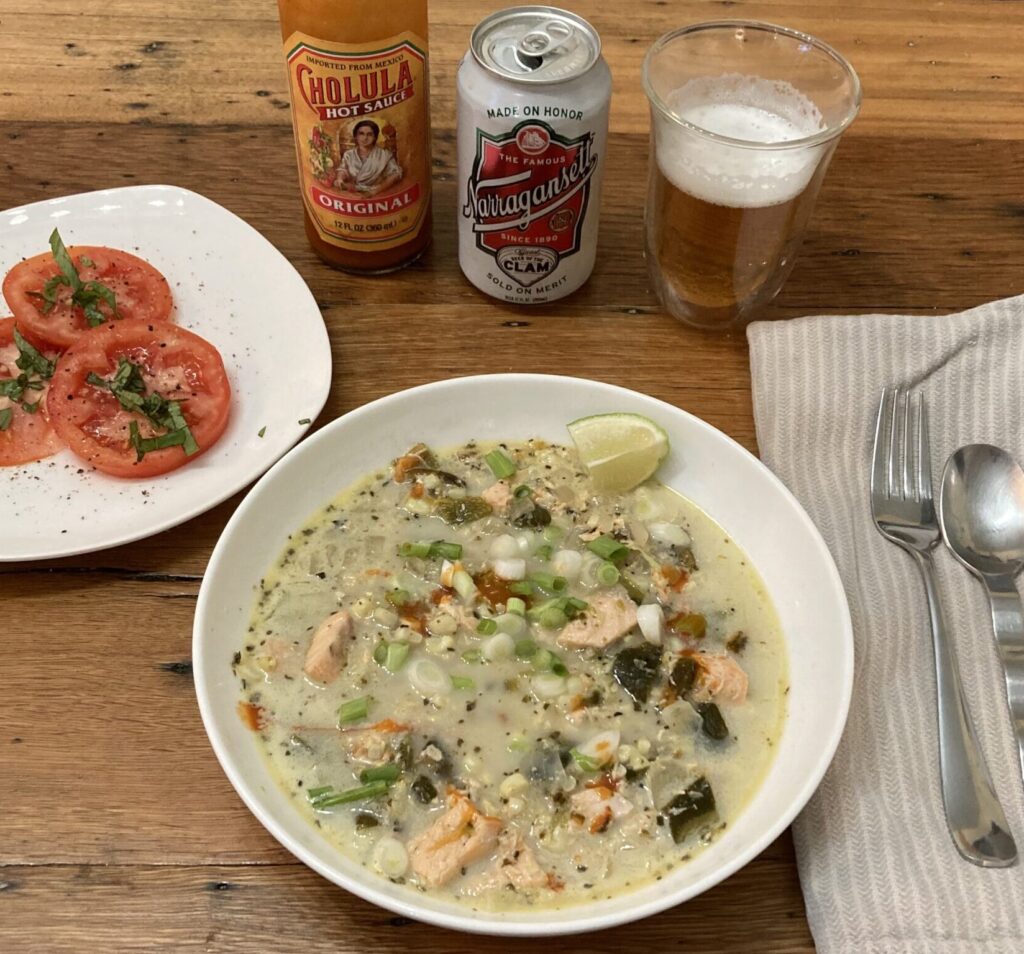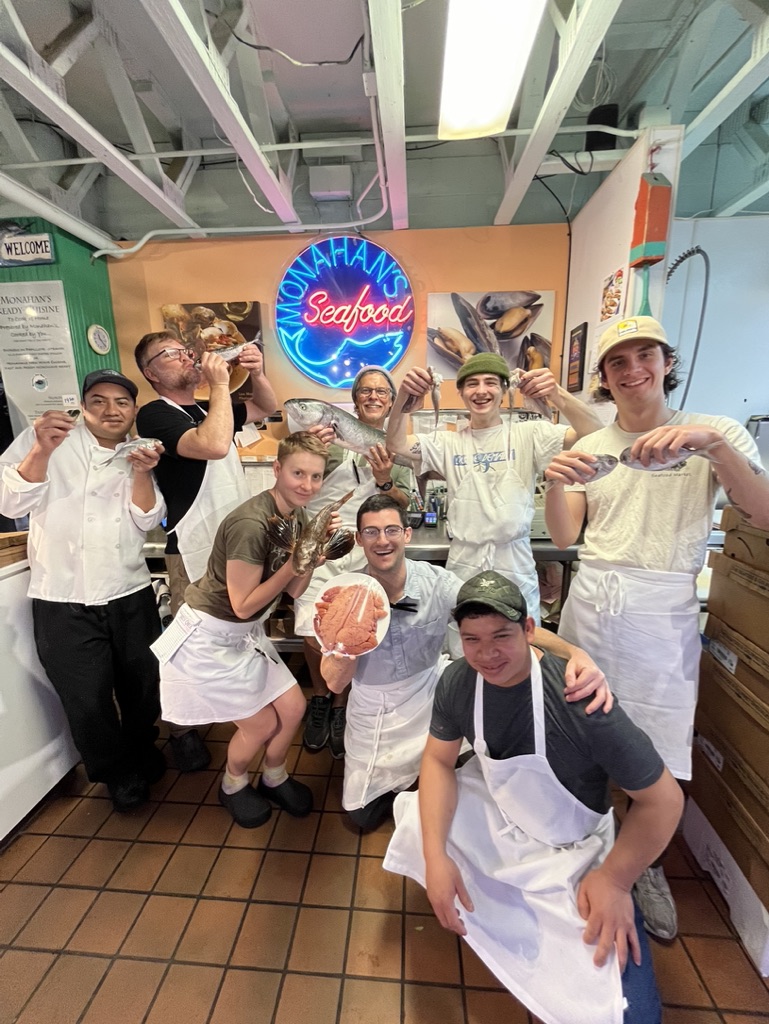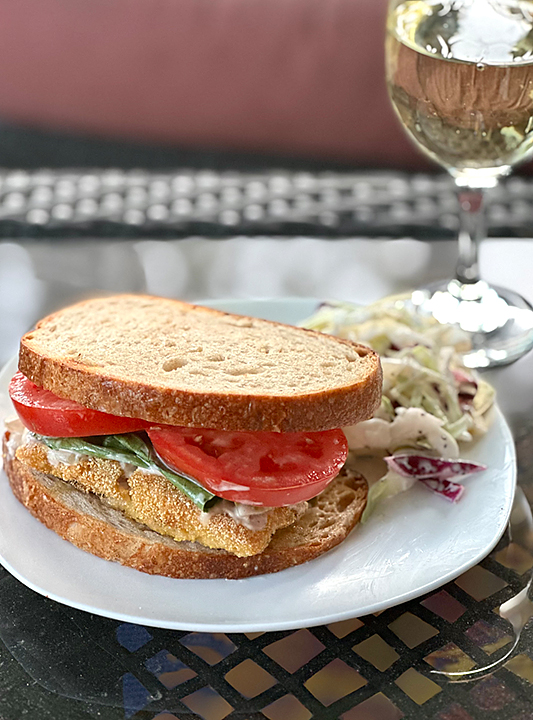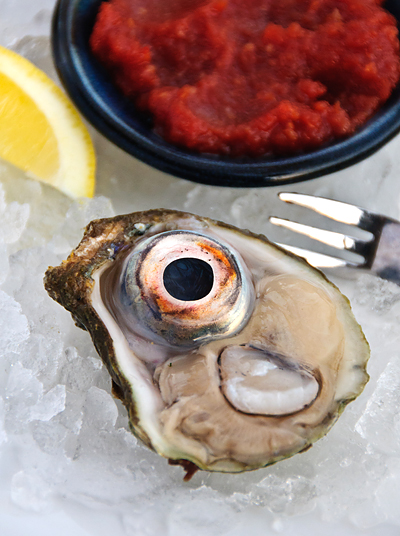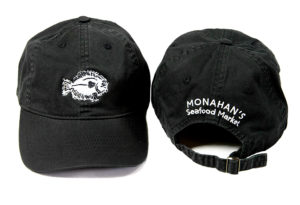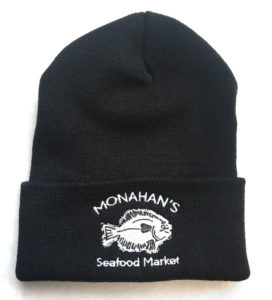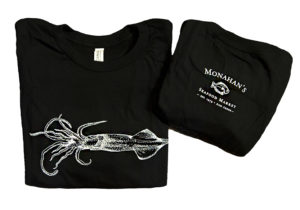Hake: Unsung Hero
A great fish that most people outside of New England have never heard of is hake. It’s not that there aren’t enough of them—the North Atlantic stocks are plentiful and sustainable. They fit the profile of a white, delicate, sweet fish that Americans traditionally love. They are also usually sold at a great price compared to it’s more famous cousins like cod, haddock and even pollock.
There are many different species of hake. The one we sell is called white hake, which is similar in texture and flavor to the European hake. Now here is another of the many examples of “one mans trash is another mans treasure.” Although hake is familiar to folks in New England, I’ve never seen it on a menu (outside of our own) in the midwest, except for a few big city spanish restaurants. Spain’s national fish is hake (Merluza). One third of the total of fish consumed in Spain is hake, and there’s a lot of different fish in Spain. It’s incredible that something that is such a huge part of entire cultures is little known and underutilized in most of the U.S.
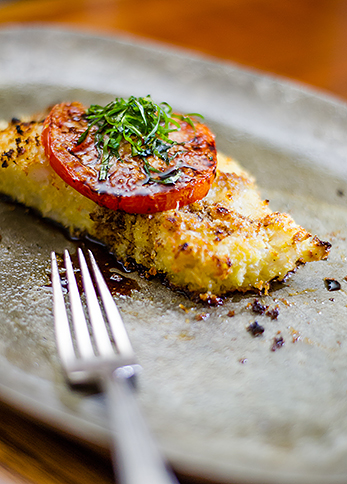 Out of all the fish in the cod family, Americans have always preferred cod and haddock over hake and pollock. Part of it is because of texture. Cod for example has large, firm flakes. Hake is tighter textured, fairly soft and delicate. It’s flavor is mild and subtly sweet, but if you were to simply bake it, some might find it to be soft and bland. However, if you were to visit San Sebastian, Spain and experience Basque style ‘Merluza a la Koxkera’ (hake with clams), the sweet flavor of the hake with a rich clammy green sauce might be the best thing you’ve ever eaten. It’s all in the right preparation for the right fish.
Out of all the fish in the cod family, Americans have always preferred cod and haddock over hake and pollock. Part of it is because of texture. Cod for example has large, firm flakes. Hake is tighter textured, fairly soft and delicate. It’s flavor is mild and subtly sweet, but if you were to simply bake it, some might find it to be soft and bland. However, if you were to visit San Sebastian, Spain and experience Basque style ‘Merluza a la Koxkera’ (hake with clams), the sweet flavor of the hake with a rich clammy green sauce might be the best thing you’ve ever eaten. It’s all in the right preparation for the right fish.
Hake is always good cooked with a little texture to it. Hot-pan searing and serving over a pepper tomato sauce; or coating it with seasoned breadcrumbs, such as panko parmesan crust and baking it at high heat, the results will be a super light, delicate and sweet fish with a bit of a crust instead of a soft, boring texture.
Another problem with hake in America is that it doesn’t travel well. Since it’s softer and more delicate than other fish, it’s more perishable which means that the chances of buying less than fresh fish outside of the east coast is greatly increased. We bring in whole hake and fillet them fresh so that’s not a problem at Monahan’s.
Here’s our version of hake with clams, in Spain this dish would be cooked in a clay cazuela and be spun over a stove for 20 minutes til the sauce gels and thickens. Our version of this recipe is a lot easier and pretty darn good.
And here’s another dish we love: Hake with Green Sauce

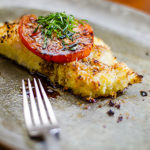 Previous Post
Previous Post